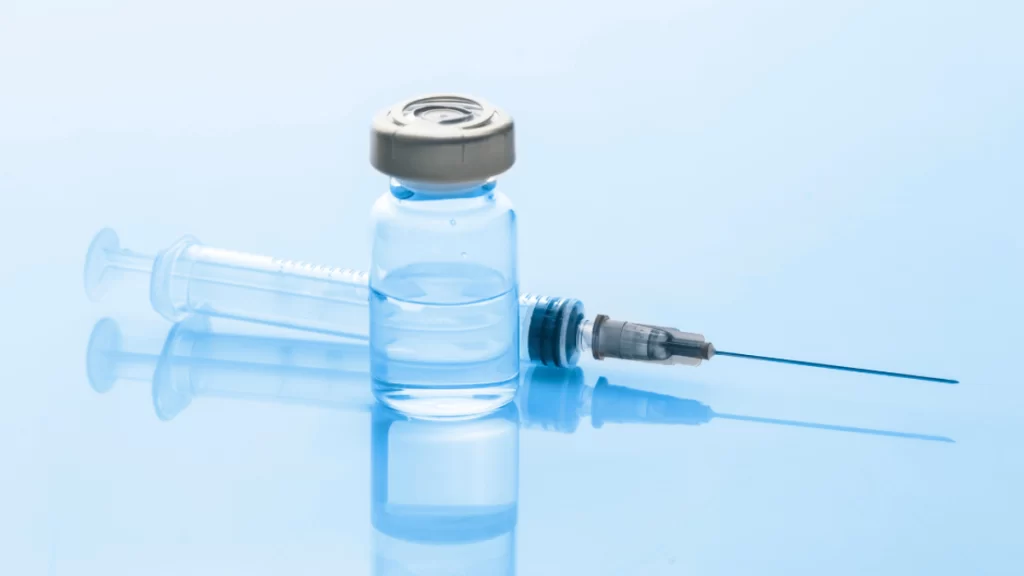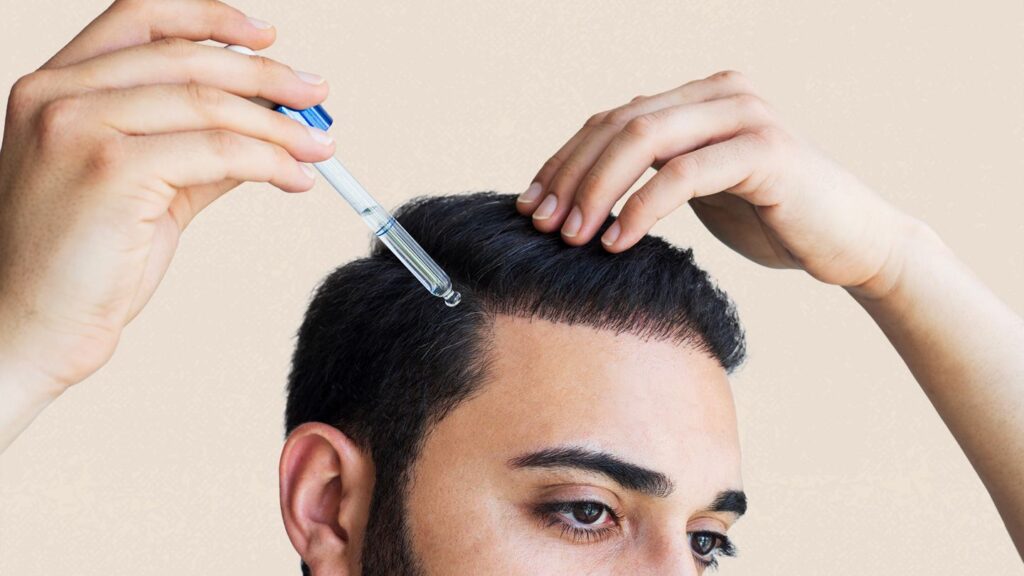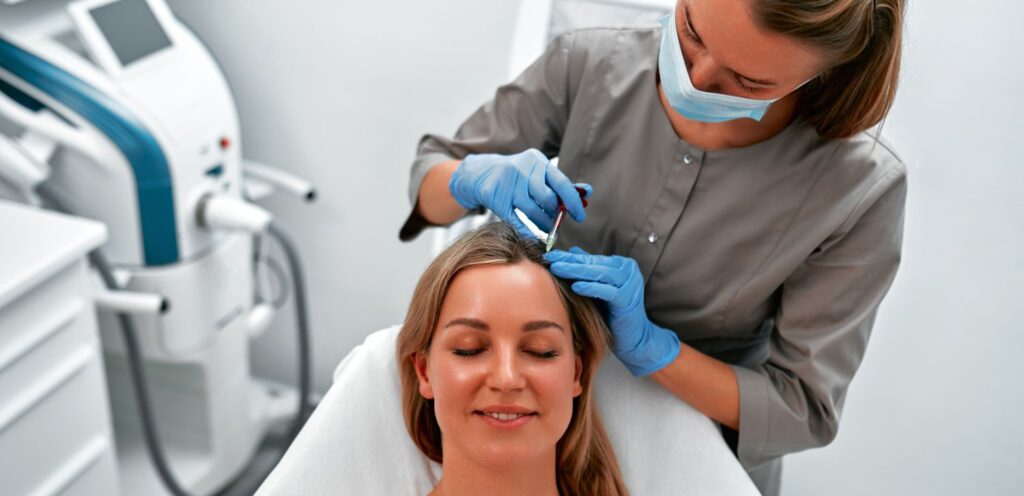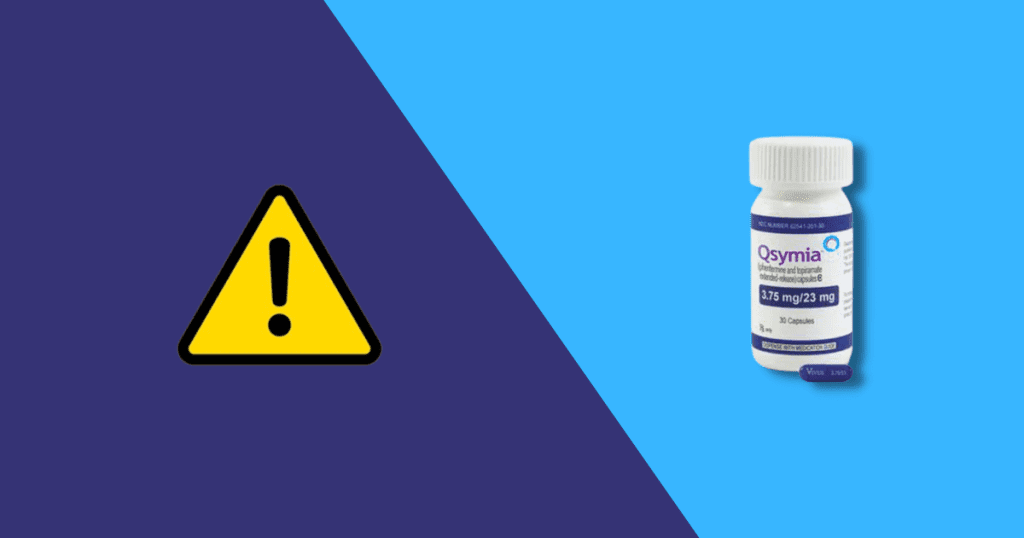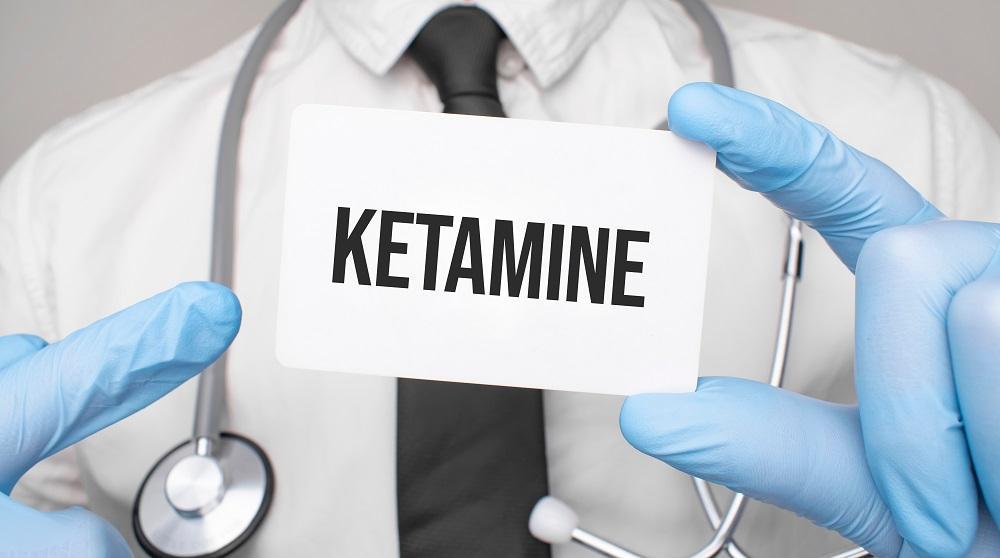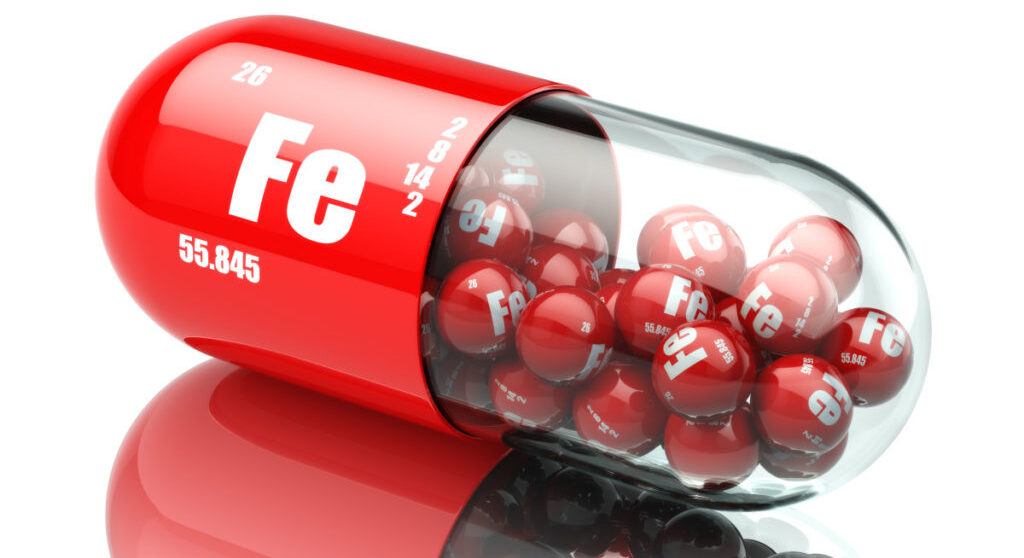Qsymia Side Effects
Qsymia side effectsIntroduction: Qsymia Side effectsQsymia, a prescription weight-loss medication, may cause a range of potential side effects. Common side effects include dizziness, constipation, and altered taste sensations. More rare but serious side effects can include mood changes, heart palpitations, and vision changes. Patients need to report any negative side effects to the FDA by calling 1-800-FDA-1088 or visiting their website to fill out a voluntary reporting form.If patients experience any of these side effects, they should seek immediate medical attention for serious side effects such as chest pain, difficulty breathing, or sudden vision changes. For less severe side effects, patients should speak with their healthcare professional about managing these symptoms. This can include adjusting the dosage, changing the timing of medication, or exploring alternative treatment options.Patients should always consult their healthcare professional before making any changes to their medication regimen. It’s important to prioritize safety and well-being by addressing any potential side effects promptly and appropriately.How to use Qsymia1. Start by taking Qsymia as prescribed by your doctor. Typically, this involves taking one capsule in the morning for the first two weeks.2. Swallow the capsules whole, without chewing, and with a glass of water. Do not crush, chew, or open the capsules.3. After the initial two weeks, follow your doctor’s instructions for gradually increasing the dosage. This process, known as dosage titration, helps your body adjust to the medication and reduces the risk of side effects.4. It’s important to take Qsymia in the morning, with or without food. However, it’s crucial to drink plenty of fluids throughout the day to prevent the formation of kidney stones.5. Avoid exceeding the prescribed dosage or using Qsymia for longer than recommended, as this can lead to addiction.6. If you experience withdrawal symptoms, such as depression, mood swings, or fatigue, do not suddenly stop taking Qsymia. Consult your doctor to gradually reduce the dosage and safely discontinue the medication.Following these guidelines can help you effectively manage your weight with Qsymia while minimizing the risk of side effects, addiction, and withdrawal symptoms. Always consult your doctor if you have any concerns or questions about your medication.General Side EffectsWhen taking medications or undergoing certain treatments, it is common to experience general side effects. These side effects are not specific to any particular condition or medication and can vary widely from person to person. It is important to be aware of these general side effects and to communicate with your healthcare provider if you experience any symptoms. Some of the most common general side effects include nausea, dizziness, headache, fatigue, and digestive issues. It is also important to remember that some general side effects may be temporary and subside as your body adjusts to the medication or treatment. However, if you experience severe or persistent side effects, it is crucial to seek medical attention. Always follow the recommended guidelines for taking medications and seek advice from your healthcare provider if you have any concerns about potential side effects.# WarningsBefore using Qsymia (Phentermine And Topiramate). Qsymia should not be used if you are pregnant, as it can cause harm to the fetus. Additionally, it is important to use effective contraception while taking Qsymia to prevent pregnancy.There are several potential drug interactions with Qsymia, including certain antidepressants, antiepileptic drugs, and other weight loss medications. It is important to discuss all medications you are taking with your doctor to ensure there are no potential interactions with Qsymia.Regular monitoring for side effects is crucial when taking Qsymia. Common side effects include dizziness, insomnia, constipation, and dry mouth. Monitoring for more serious side effects, such as increased heart rate or changes in mood or behavior, is also important.The FDA has established a Risk Evaluation and Mitigation Strategy (REMS) Program for Qsymia. This program is designed to ensure the safe use of Qsymia and includes requirements for healthcare providers and pharmacies. It is important to follow the requirements of the Qsymia REMS Program to minimize the risks associated with Qsymia.In conclusion, it is important to be aware of the warnings associated with Qsymia, including potential drug interactions, pregnancy risks, and the need for regular monitoring of side effects. Following the requirements of the Qsymia REMS Program is also crucial for the safe use of this medication.# PrecautionsThe following precautions should be taken when using this medication. Firstly, it is important to attend regular check-ups with your healthcare provider to monitor your progress and to check for any potential side effects. Additionally, if you are of childbearing age, it is crucial to undergo regular pregnancy tests before and during treatment as this medication can be harmful to a developing baby.It is also important not to abruptly stop taking the medication without consulting a healthcare professional as this can lead to withdrawal symptoms and a potential worsening of the condition being treated. Furthermore, precautions should be taken in hot weather as this medication can increase the risk of heat-related illnesses.It is important to be alert for symptoms of serious skin reactions such as a rash, blistering, or peeling of the skin, as these can be signs of a potentially life-threatening reaction. If any of these symptoms occur, it is important to seek medical attention immediately.By following these precautions and closely monitoring your health, you can safely and effectively use this medication to manage your condition.# InteractionsQSYMIA, a combination of phentermine and topiramate, is associated with several clinically significant drug interactions. It may interact with MAOIs, causing possible hypertensive crises and serotonin syndrome. When used with oral contraceptives, QSYMIA can reduce the efficacy of the contraceptive and lead to unintended pregnancy. Additionally, CNS depressants such as alcohol or benzodiazepines may potentiate the central nervous system effects of QSYMIA.Non-potassium-sparing diuretics can increase the risk of metabolic acidosis when used with QSYMIA. When combined with antiepileptic drugs, there is a potential for increased central nervous system-related adverse effects. Carbonic anhydrase inhibitors, such as acetazolamide, may increase the risk of metabolic acidosis when used with QSYMIA.QSYMIA has the potential for abuse and physical dependence, especially with the
Saxenda Side effects
Saxenda Side effectsIntroduction to Saxenda Side EffectsSaxenda® is a prescription medication used for weight management in adults and comes with potential side effects. Allergic reactions to Saxenda® may result in symptoms such as itching, rash, and difficulty breathing. Changes in mood or behavior, including depression and suicidal thoughts, can also occur. Patients should be aware of thyroid tumor symptoms, which may include swelling in the neck, difficulty swallowing, and hoarseness. Gallbladder problems, pancreatitis, low blood sugar, and kidney problems are also potential side effects associated with Saxenda® use.In addition to these serious side effects, more common side effects may include nausea, vomiting, increased heart rate, diarrhea, and fatigue. It is important for patients to discuss any side effects with their healthcare provider and to seek medical attention if they experience any concerning symptoms. Saxenda® should be used carefully and as directed by a healthcare professional to minimize the risk of potential side effects.The most common side effects of Saxenda®The most common side effects of Saxenda® include nausea, vomiting, diarrhea, constipation, headache, low blood sugar, and decreased appetite. To manage these side effects, there are several strategies that can be employed.For nausea, it can be helpful to get fresh air, sip a cold drink or peppermint tea, and eat smaller, more frequent meals. It is also recommended to avoid strong-smelling, greasy, and fried foods, as these can exacerbate nausea symptoms. Additionally, staying hydrated and getting plenty of rest can also help alleviate nausea.For vomiting and diarrhea, it is important to stay hydrated and replace lost fluids with water or electrolyte drinks. Eating bland, easy-to-digest foods such as rice, bananas, and toast can also help.If experiencing symptoms of low blood sugar, consuming a small amount of sugar, such as a piece of candy or fruit juice, can help raise blood sugar levels.If these side effects persist or become severe, it is important to contact a healthcare professional for further guidance. By using these strategies to manage the common side effects of Saxenda®, individuals can continue their treatment while minimizing discomfort.What is the most important information I should know about Saxenda®?Saxenda® is a prescription medication used for weight management in adults with obesity or overweight and weight-related medical conditions. It is important to be aware of the potential risk of thyroid tumors while taking Saxenda. In studies, some rats and mice developed thyroid tumors, but it is not known if Saxenda causes these tumors in humans.Saxenda should be stored in the refrigerator at a temperature between 36°F to 46°F (2°C to 8°C). After first use, it can be stored at room temperature or in the refrigerator for up to 30 days. It should be kept away from light and heat.Some important questions to ask your doctor before starting Saxenda include whether you have any medical conditions that may prevent your doctor from prescribing Saxenda, such as a history of pancreatitis, a thyroid tumor, or multiple endocrine neoplasia syndrome type 2 (MEN 2), as Saxenda may not be suitable for individuals with these conditions. It is important to discuss any other medications or supplements you are taking and to inform your doctor if you become pregnant or are breastfeeding while using Saxenda. Always follow your doctor’s instructions and the medication guide provided with Saxenda.How should I use Saxenda®?Saxenda® is an FDA-approved prescription medicine that, when used in combination with a reduced-calorie diet and increased physical activity, can help with weight management. It is important to understand how to properly use Saxenda® in order to achieve the best results and minimize potential side effects.Saxenda® comes in a pre-filled, multi-dose pen that must be injected under the skin once a day at any time of day, with or without food. It is important to follow the dosing instructions provided by your healthcare provider and not to adjust the dose without consulting them first. Saxenda® should be started at a low dose and gradually increased to minimize potential gastrointestinal side effects. It is essential to continue making healthy lifestyle changes, such as following a reduced-calorie diet and increasing physical activity while using Saxenda®. Regularly monitoring your weight, diet, and physical activity can also help track your progress and make necessary adjustments to your weight management plan. It is important to communicate any concerns or changes in health to your healthcare provider while using Saxenda®.# DosingSchedule for Saxenda:The recommended dosing schedule for Saxenda starts with a dosage of 0.6 mg per day for the first week. The dosage is then increased by 0.6 mg each week until the 3 mg dose is reached, as prescribed by a healthcare professional. This gradual increase in dosage is designed to minimize gastrointestinal side effects and help the body adjust to the medication.For teens using Saxenda, they may be instructed to reduce their dose to 2.4 mg daily if the maximum dose of 3 mg is not well tolerated. It is important for teens to carefully follow the dosing instructions provided by their healthcare provider.It is crucial to adhere to the prescribed dosing schedule and not to adjust the dosage without consulting a healthcare professional. Any changes in dosage should be discussed with a doctor to ensure the safe and effective use of Saxenda.In summary, the dosing schedule for Saxenda starts with 0.6 mg per day and increases weekly until the 3 mg dose is reached. Teens may be advised to reduce their dose if needed, and the schedule is designed to minimize gastrointestinal side effects.# Missed DoseIf you miss a dose of Saxenda, take the missed dose as soon as you remember, unless it is already time for your next scheduled dose. In that case, skip the missed dose and continue with your regular dosing schedule. Do not take an extra dose or increase your daily dose to make up for the missed dose. If you miss multiple doses, contact your healthcare provider for further guidance.It is important not to alter your dosage without consulting your healthcare provider, as this can increase the risk of side effects. If you miss


